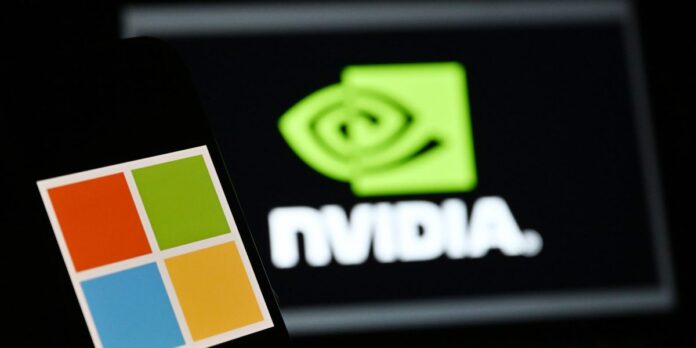Capital and labor are crucial components of the U.S. economy, akin to the blood and body. Their significance lies greatly in the continuous innovation they drive. From the 1950s, economists have been gauging the effects of innovations and other factors on growth and productivity gains in the U.S. A recent study discovered that a substantial portion of these gains can be attributed to innovations, more so than increases in capital stock and worker skills.
Yet, the nation’s economic progress is under threat. Large corporations have found ways to absorb valuable innovations generated by startups and small businesses. This practice diminishes incentives for innovative minds to develop new ideas and products, undermining the environment conducive to innovation.
Innovation is not random; it requires sustained investments in research and development, supported by a favorable political and economic landscape for startups and new investments. Legal protection of property rights to innovation is vital, as enshrined in the Constitution under Article 1, Section 8.
Patent laws have been enacted to safeguard innovators from infringement, allowing them to sell or license their rights for economic benefits stemming from the innovation. Recent transformation in the tech industry has seen large companies like Nvidia, Apple, Microsoft, and Alphabet dominating the market.
… (remaining content unchanged) …
Xockets’s case is that Nvidia and Microsoft are committing efficient infringement by appropriating the small innovator’s patent-protected DPU chip and then joining together in boycotting Xockets’s efforts to sell or license its exclusive rights for a fair price. David has mustered resources to take on this Goliath, and the court is considering enjoining Nvidia from using the DPU chip in question. This case could serve as a cautionary tale for large companies seeking to exploit small innovators.
The outcome of this case may impact young technologists, as the ownership of their breakthrough innovations may hinge on whether giant companies will respect innovators’ property rights. Failure to do so could stifle future breakthroughs and discourage investment in innovation, hampering productivity gains and income progress for most Americans.
More must-read commentary published by Fortune:
The opinions expressed in Fortune.com commentary pieces are solely the views of their authors and do not necessarily reflect the opinions and beliefs of Fortune.




